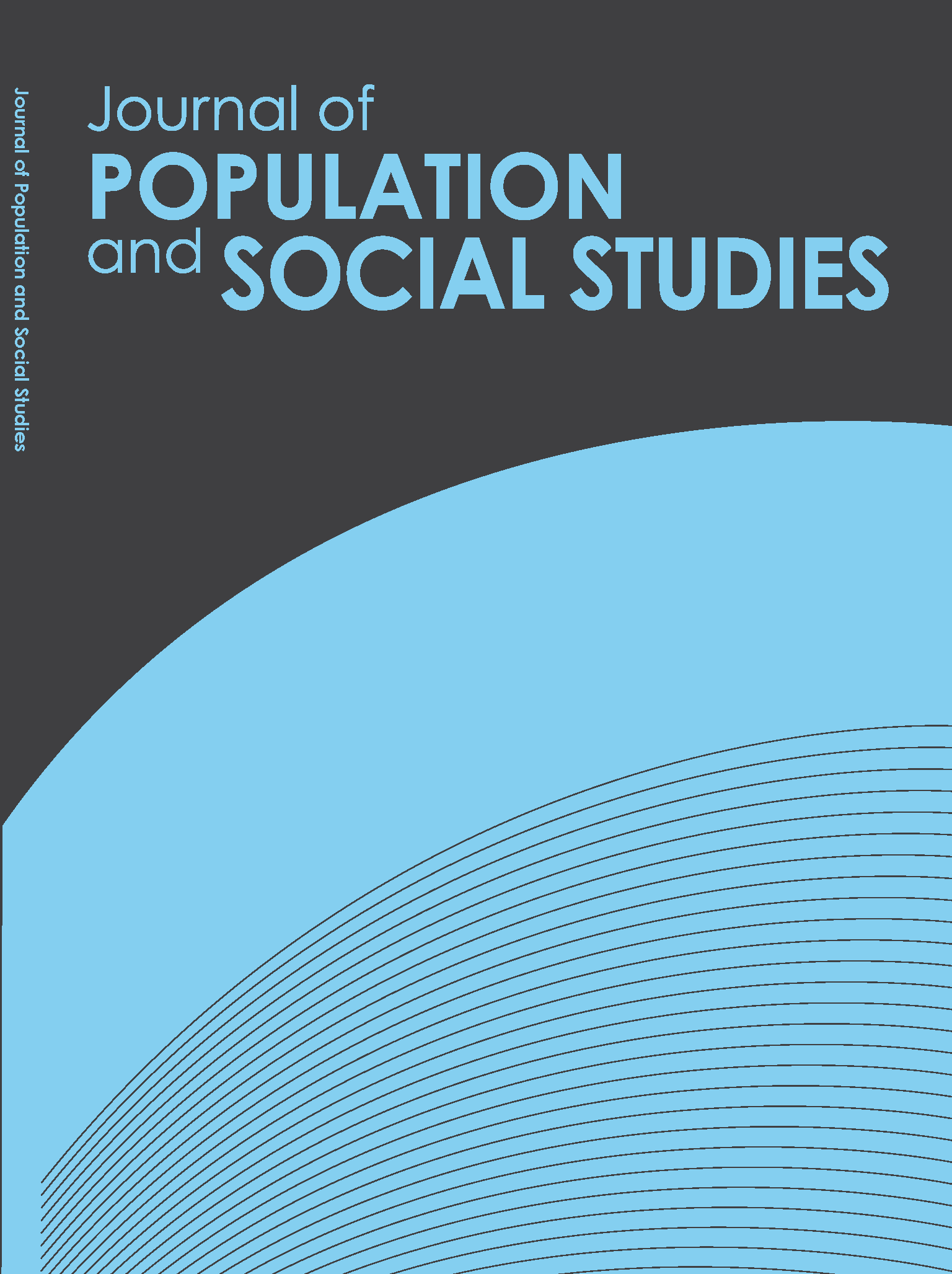Social Capital, Trust, Economic Stress and Religion in a Cohort of 87,134 Thai Adults
Main Article Content
Abstract
Social capital includes collective features such as social trust, norms, and networks. This paper examines social capital-related variables against demographic, socioeconomic and geographic characteristics of
87,134 adult distance-learning students from Sukhothai Thammathirat Open University. We have found economic stress to be higher in non-married groups, lower income groups, and those residing in rural areas. Social trust was higher among married, especially with higher income and those in rural areas. Those who were separated, divorced or widowed and those with lower socioeconomic status had the highest economic stress and the least social trust. These groups also reported high
importance of religious belief, karma and spiritual belief, along with lower income groups. Despite having high economic stress, social interaction with and support from families were found to be high among those not-married, with lower income, and in rural areas. As Thailand urbanises and progresses economically, diverse patterns of social capital have emerged and some changes might have offset others. For example, we have shown that economic stress associated with low income tends to co-occur with high social interaction and family support. This observation should be reassuring to policymakers aiming to preserve and promote social capital as Thailand continues to urbanise and modernise.
87,134 adult distance-learning students from Sukhothai Thammathirat Open University. We have found economic stress to be higher in non-married groups, lower income groups, and those residing in rural areas. Social trust was higher among married, especially with higher income and those in rural areas. Those who were separated, divorced or widowed and those with lower socioeconomic status had the highest economic stress and the least social trust. These groups also reported high
importance of religious belief, karma and spiritual belief, along with lower income groups. Despite having high economic stress, social interaction with and support from families were found to be high among those not-married, with lower income, and in rural areas. As Thailand urbanises and progresses economically, diverse patterns of social capital have emerged and some changes might have offset others. For example, we have shown that economic stress associated with low income tends to co-occur with high social interaction and family support. This observation should be reassuring to policymakers aiming to preserve and promote social capital as Thailand continues to urbanise and modernise.
Article Details
How to Cite
Yiengprugsawan, V., Suebsman, S.- ang, Lim, L., Sleigh, A., & Team, T. C. S. (2011). Social Capital, Trust, Economic Stress and Religion in a Cohort of 87,134 Thai Adults. Journal of Population and Social Studies [JPSS], 19(2), 183–196. retrieved from https://so03.tci-thaijo.org/index.php/jpss/article/view/84534
Section
Research Articles


